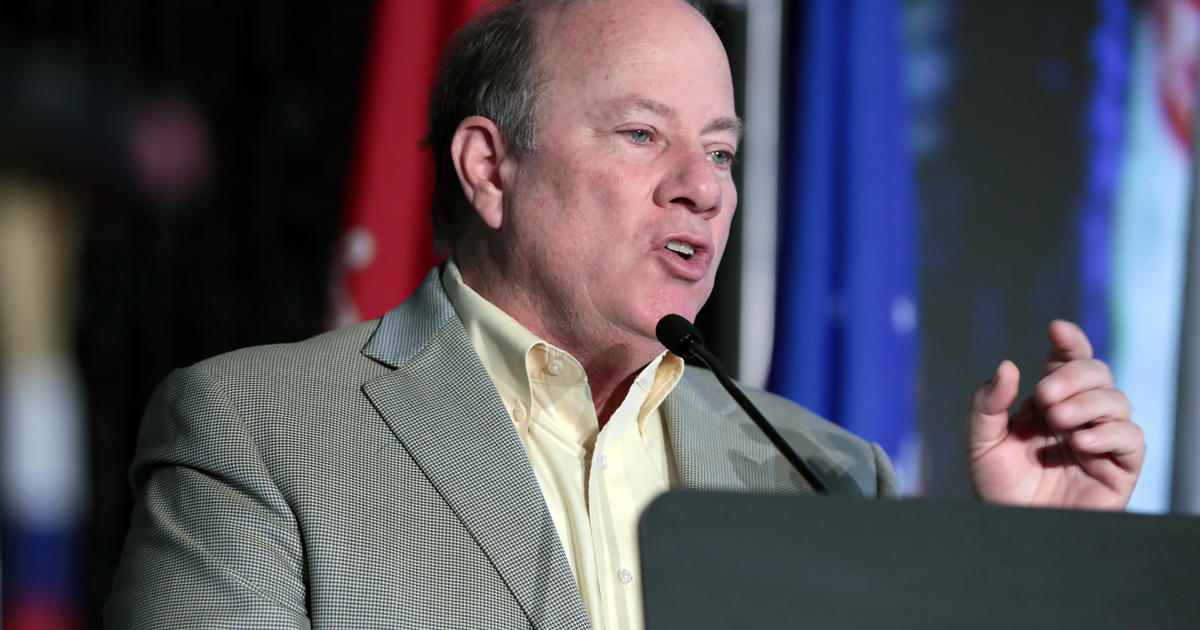Kevyn Orr: Detroit's Financial Emergency Over
By COREY WILLIAMS
Associated Press
DETROIT (AP) - Kevyn Orr has agreed to step down as Detroit's emergency manager, saying in a letter released Tuesday that the city will no longer be in a financial emergency once it exits bankruptcy.
Orr also told Gov. Rick Snyder in his letter, dated Monday, that he has implemented the city's two-year budget that reflects the elimination of about $7 billion in debt through the largest municipal bankruptcy in U.S. history.
Click here to read Orr's letter (.pdf format)
The budget order brings an end to Orr's 21-month stay and efforts to solve one of the largest fiscal emergencies ever to face a major U.S. city.
Snyder told Orr in a letter Tuesday that he agreed with the determination and "approves termination of the financial emergency status, the receivership of the city of Detroit, and your contract as emergency manager."
U.S. Bankruptcy Judge Steven Rhodes is expected to sign off on the budget order. A hearing is scheduled Monday in federal court to determine Detroit's bankruptcy exit date.
The bankruptcy's effective date is merely one step in Detroit's journey, Orr said in the letter to Snyder.
"There remains much work for the city to complete and much yet to accomplish," he wrote. "I hope and firmly believe that the city's leadership can continue to build on the solid foundation the restructuring process has created for them."
Snyder accepted Orr's resignation in a letter he sent the next day. Click here to read Snyder's letter (.pdf format)
Orr - a turnaround expert who helped steer Chrysler through the automaker's Chapter 11 bankruptcy - had been the official face of Detroit government since he was appointed in March 2013 by Snyder.
Orr took the $275,000 annual job under an 18-month contract and soon determined the city was drowning in about $18 billion in overall debt, unable to pay its bills or provide adequate city services for its 700,000 residents.
Detroit filed for bankruptcy on July 18, 2013. Rhodes allowed the city's bankruptcy petition on Dec. 3, 2013, and last month approved Orr's long-term restructuring plan.
Most of the city's creditors, including about 30,000 employees and retirees, approved the plan, which wipes out about $7 billion of $12 billion in city debt not tied to funding sources, while retaining $1.7 billion to improve police and fire and other city services.
The final plan came after months of intense negotiations with major banks, bond companies, unions, the city's two pension groups and others. It was bolstered by a unique promise of $800 million from foundations, major corporations and the state to help make up cuts to retiree pensions while protecting city-owned pieces in the Detroit Institute of Arts from possible sale.
"While there is clearly much more to do to ensure the citizens of Detroit have a necessary level of service, there is a remarkable improvement in the lives of citizens that clearly supports a finding that receivership should be ended upon the city's exit from bankruptcy," Snyder wrote.
Control of Detroit's finances was returned in September to Mayor Mike Duggan and the nine-member City Council when Orr's contract ended. He remained onboard to oversee the conclusion of Detroit's bankruptcy and implementation of the bankruptcy's exit financing.
[Detroit Bankruptcy: Complete Coverage]
© Copyright 2014 The Associated Press. All Rights Reserved. This material may not be published, broadcast, rewritten or redistributed.



